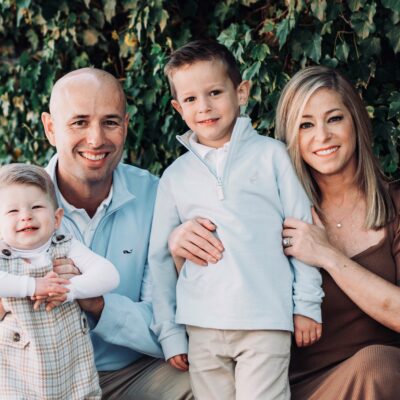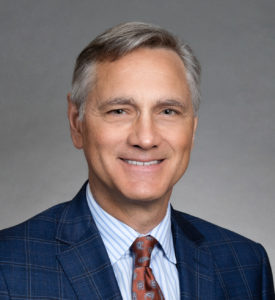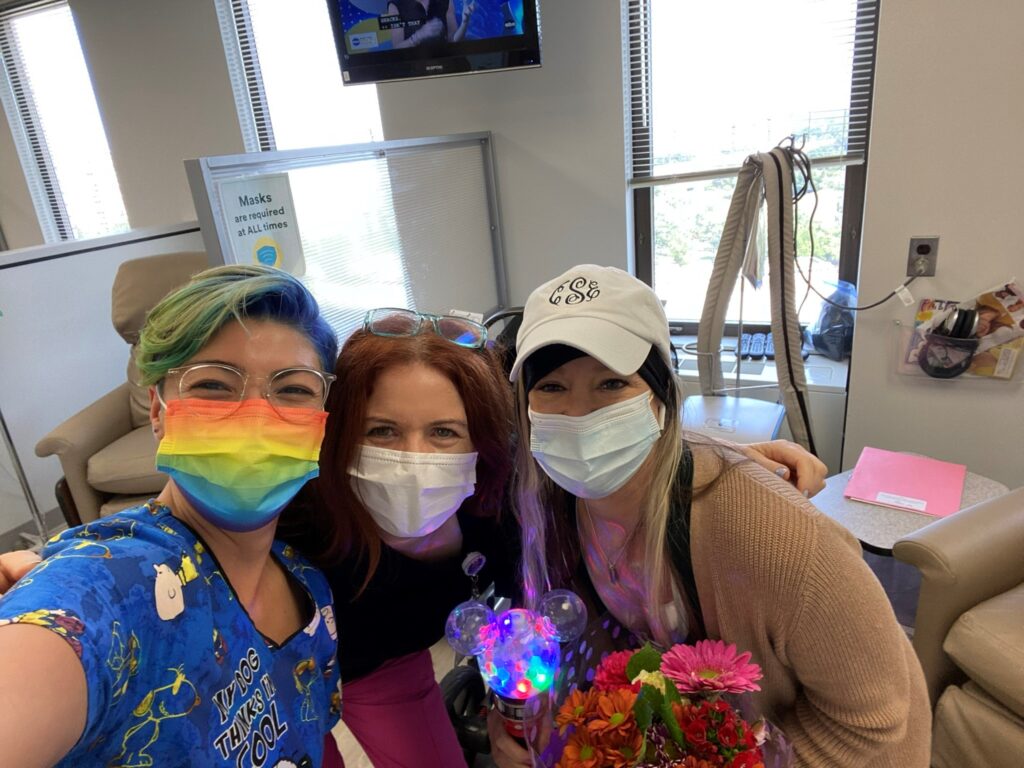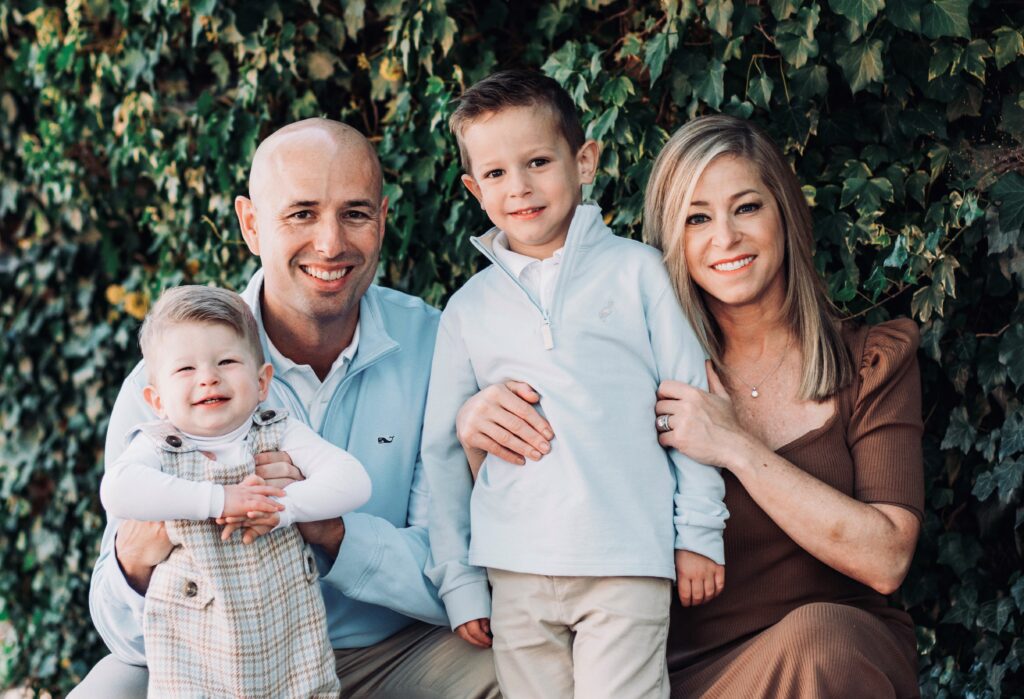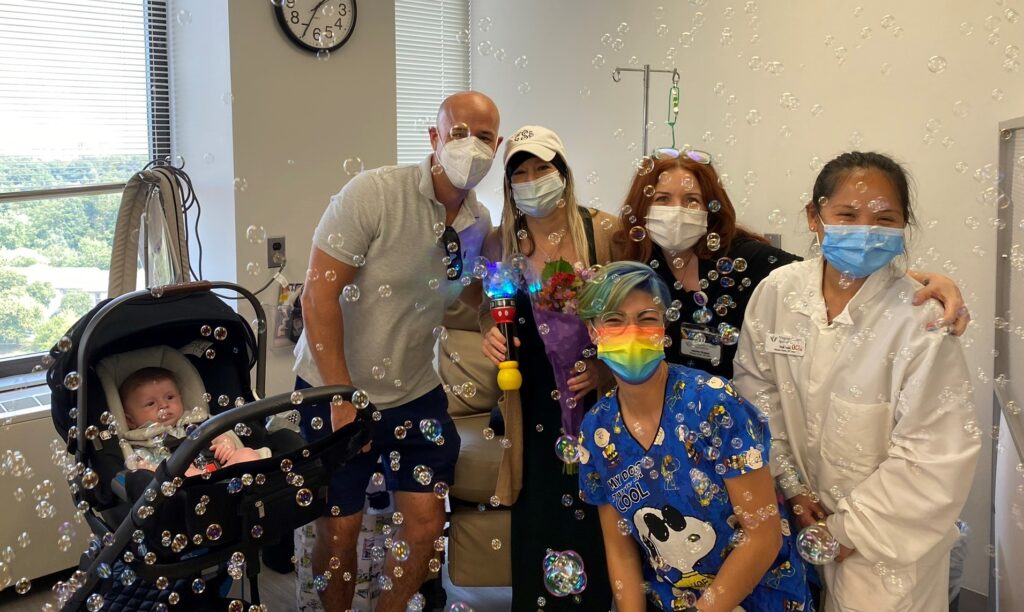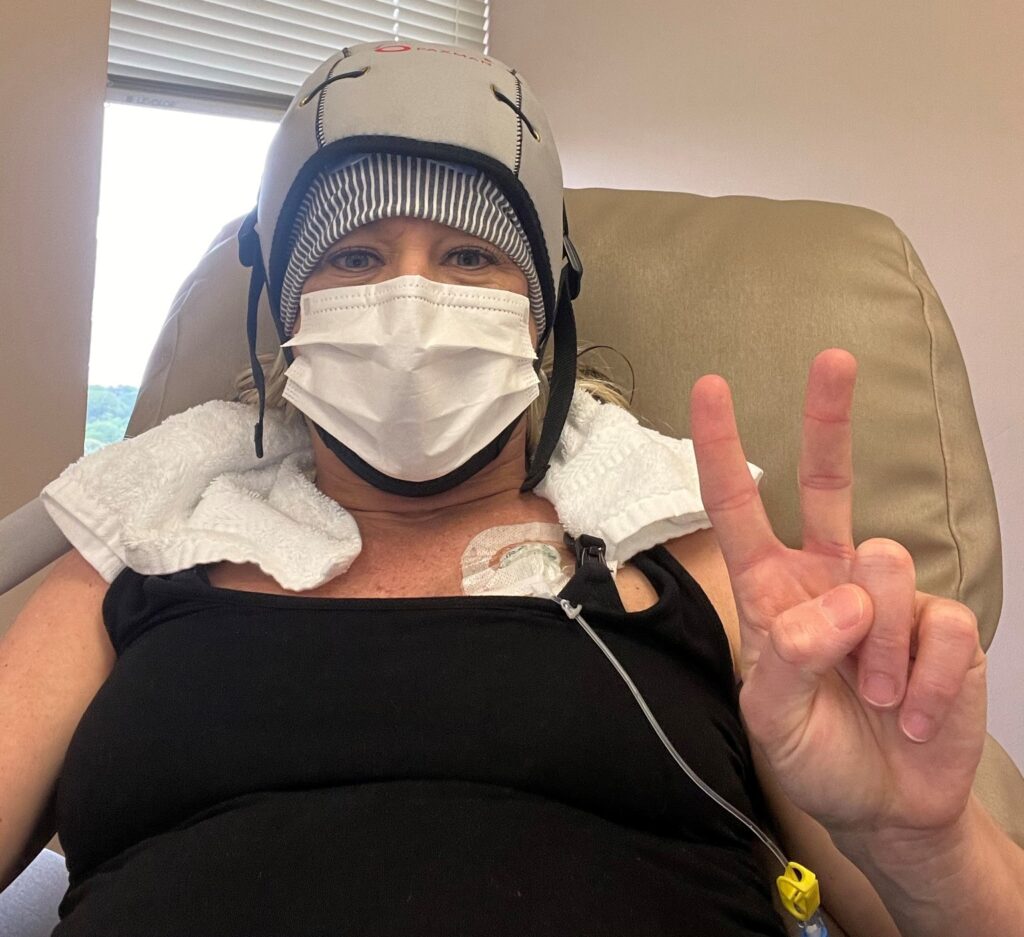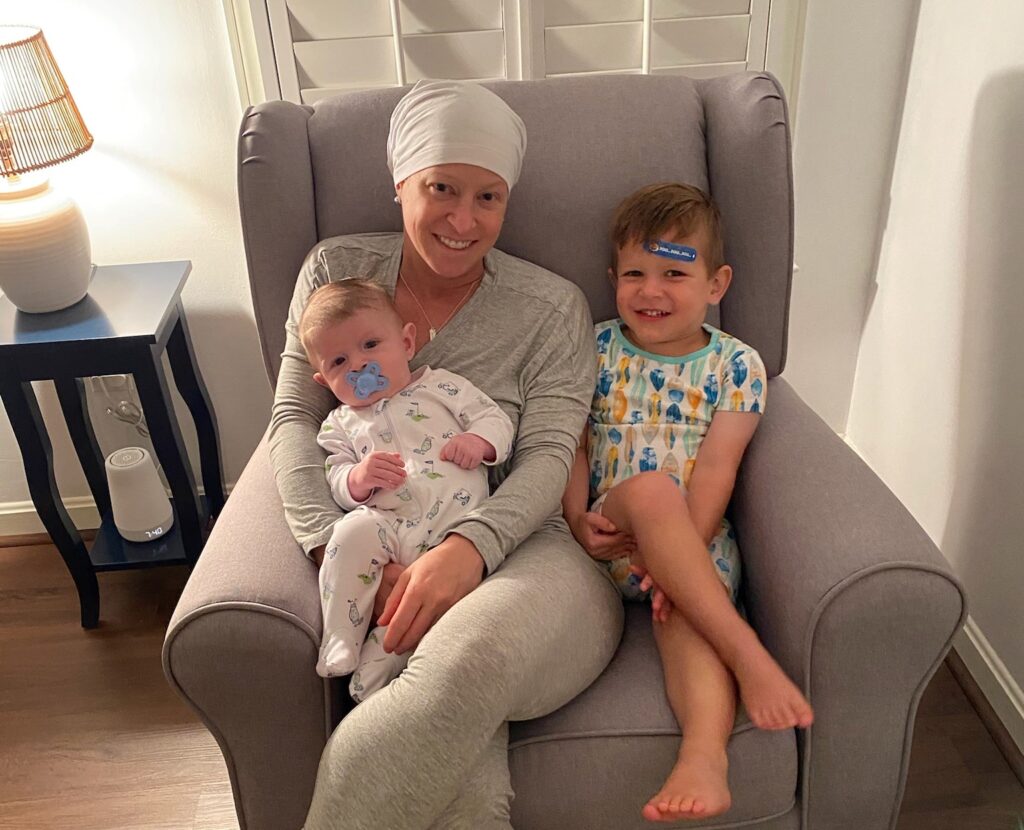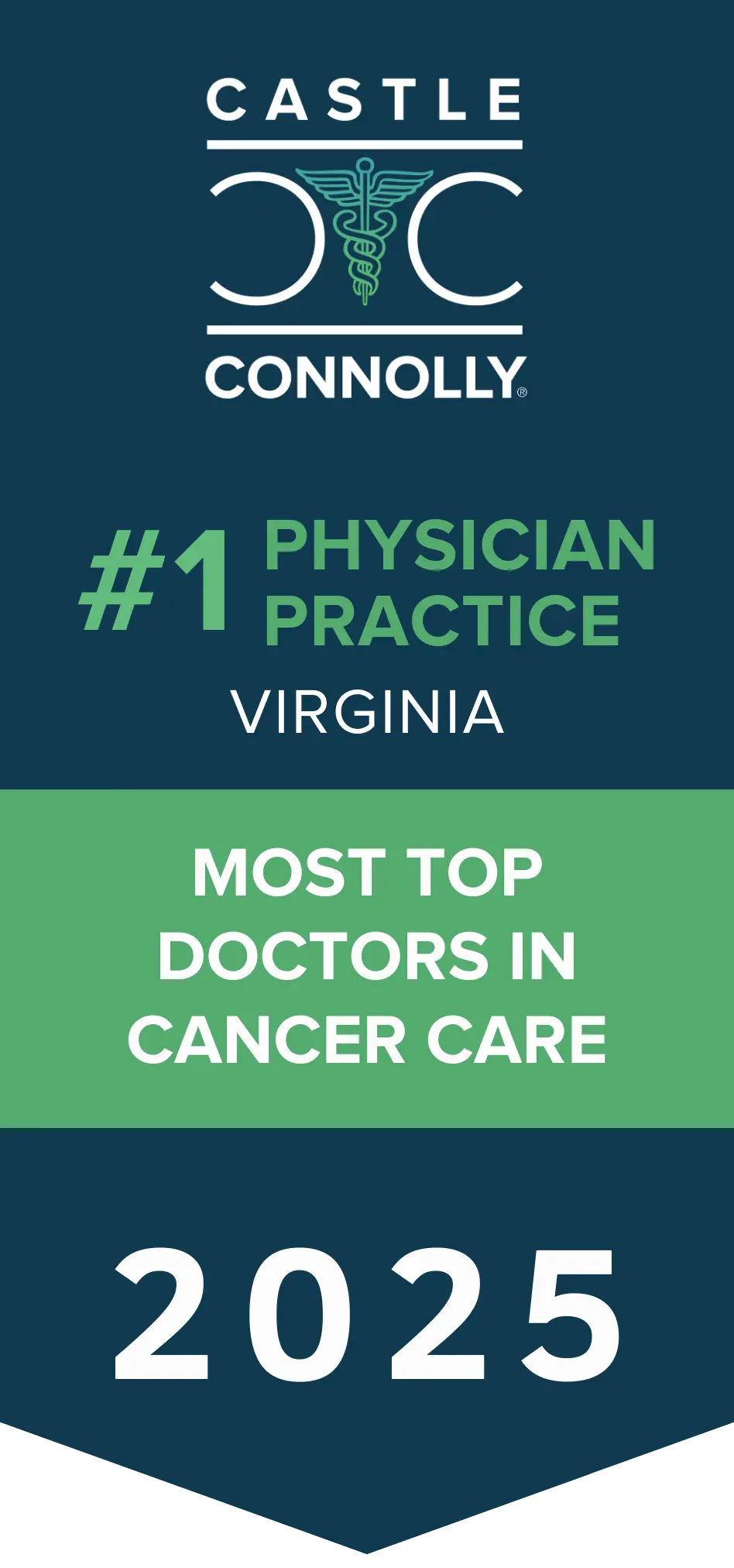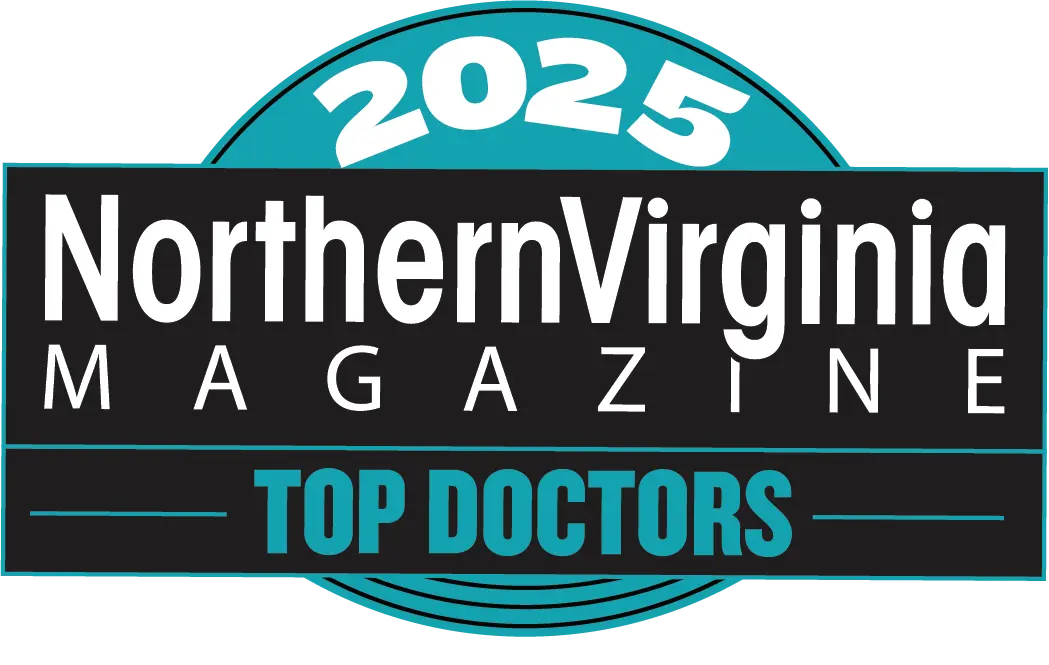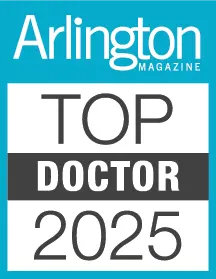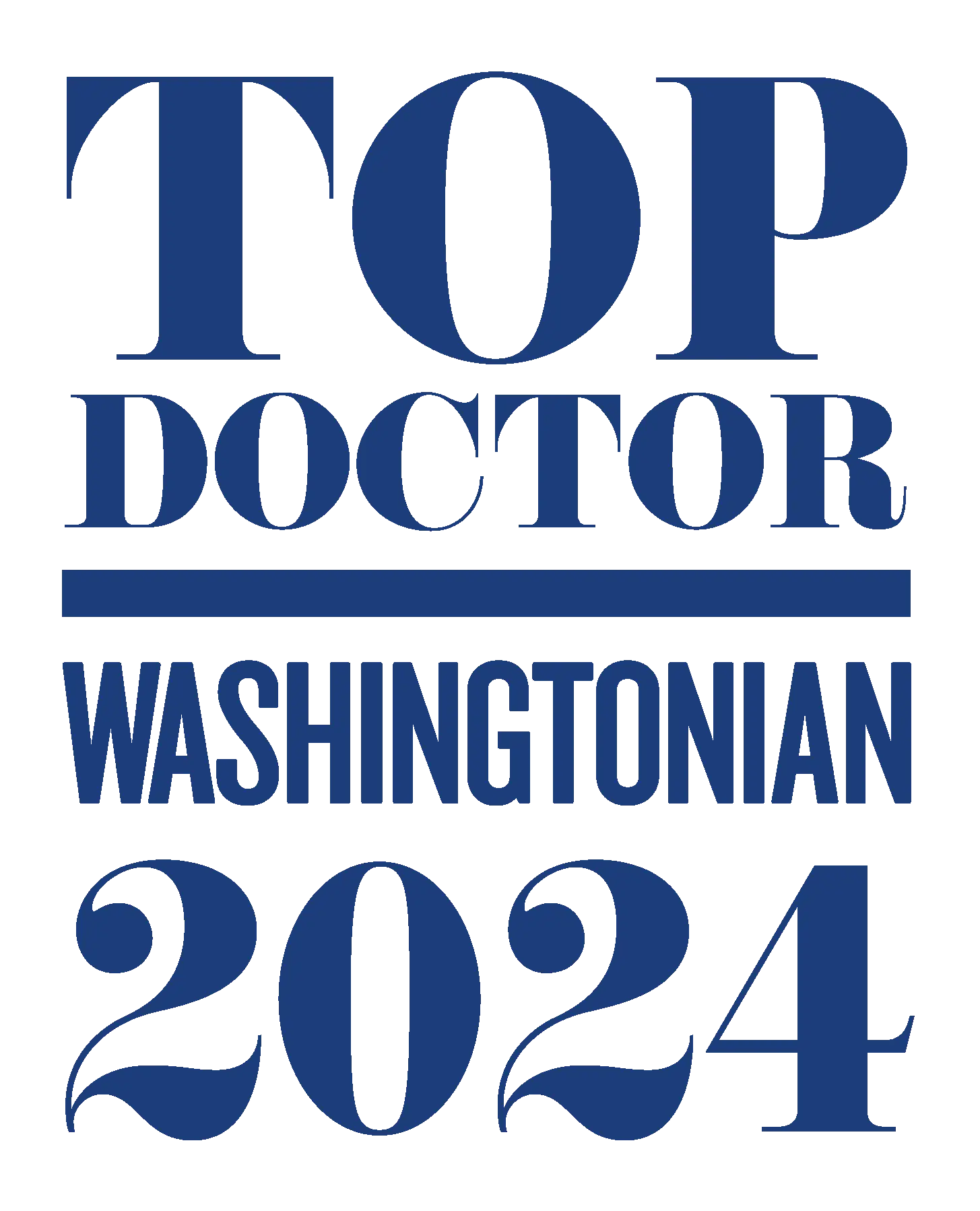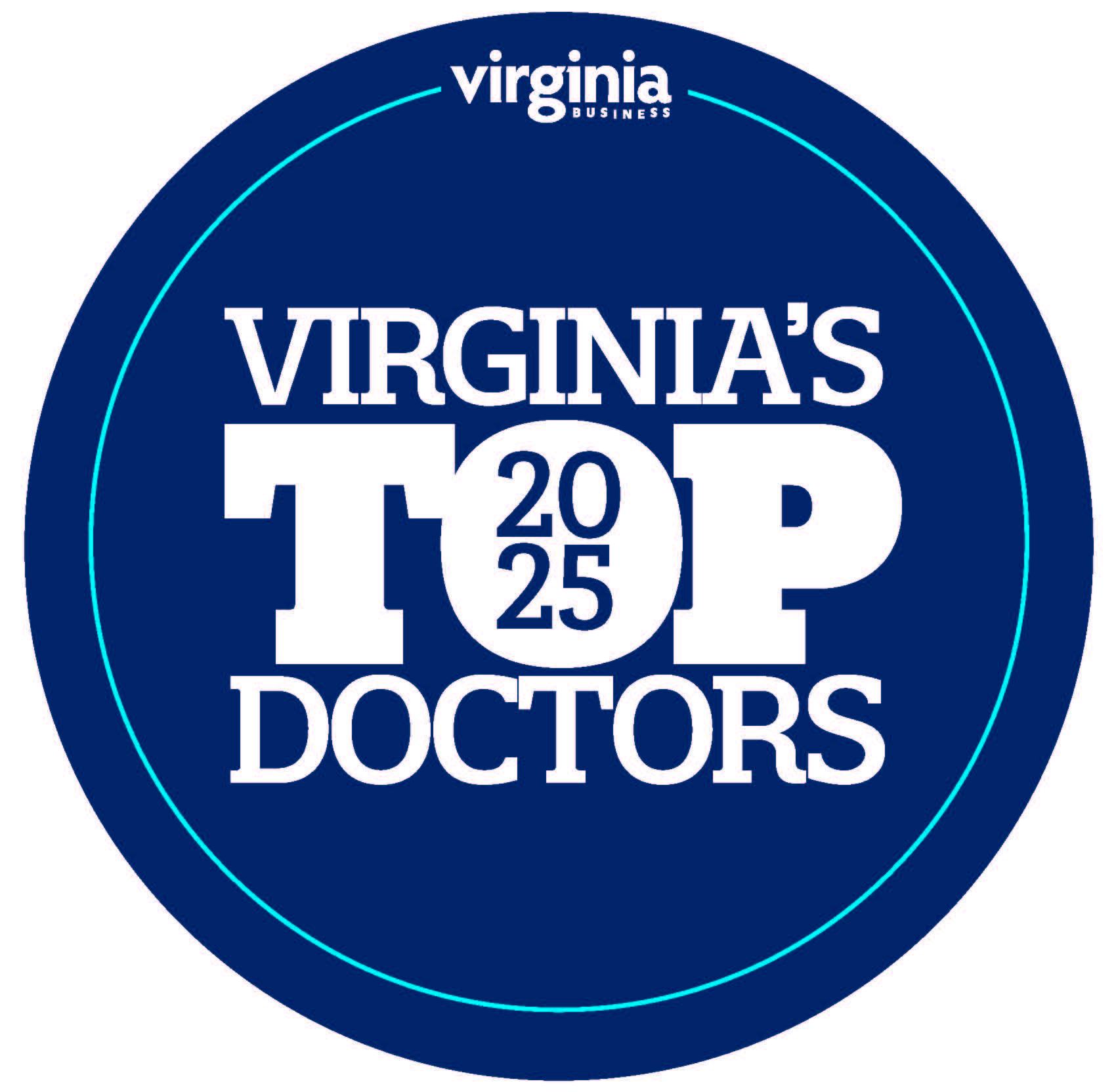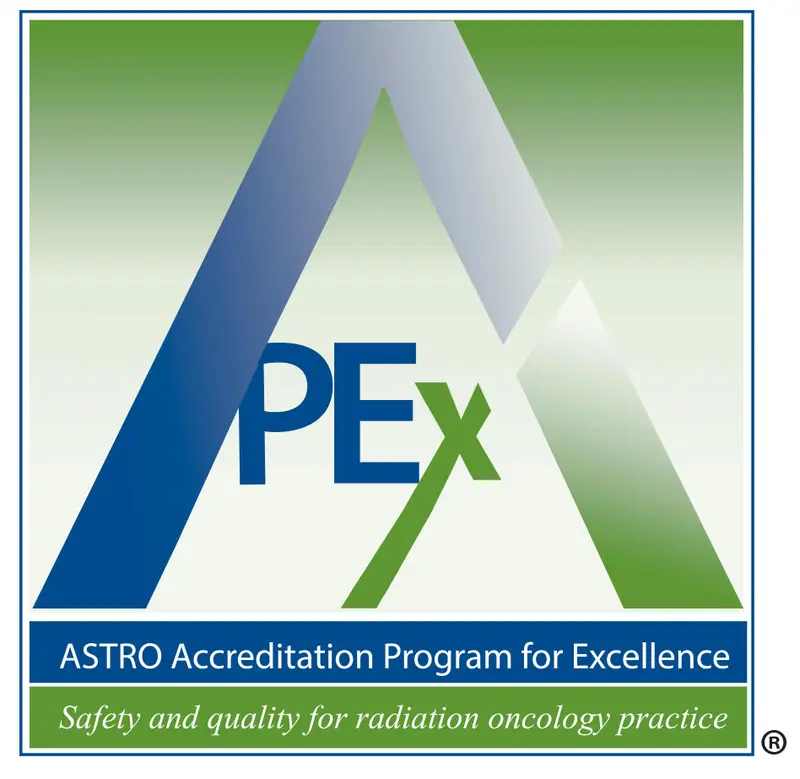If you’re a federal employee and have questions about continuing coverage, please speak to your Patient Benefits Specialist and visit our insurance page here: virginiacancerspecialists.com/insurance/. Exciting News! Our Gainesville Office has moved to Bristow – 9450 Innovation Drive, Manassas, VA 20110. Same great providers and care team, same exceptional care, new, larger space to better serve our patients.
When it comes to cancer treatment and aftercare, one of the biggest lessons I learned was to take life day by day. At first, this was difficult for me. I’m a planner – I think ahead. And of course, cancer wasn’t part of my plan.
When it comes to cancer treatment and aftercare, one of the biggest lessons I learned was to take life day by day. At first, this was difficult for me. I’m a planner – I think ahead. And of course, cancer wasn’t part of my plan.
I was diagnosed with Stage 2 ER/PR+ HER-invasive ductal carcinoma at the time I was 33 weeks pregnant. Together with my oncologist, Dr. Aksentijevich, we created a plan. I was going to have surgery to remove the tumor and then start treatment after I had the baby. However, when I went in, we discovered the tumor had doubled in size in just 3 weeks.
Dr. Aksentijevich brought my case to an oncology tumor board. At this round table, experts weigh in on the presented cases. It’s like getting a second opinion; only you’re getting 12 instead of just one. It’s a brain trust where doctors can draw on the experiences and expertise of others. When Dr. Aksentijevich took my case before the board, they all agreed that I needed to prepare for treatment immediately.
At that point, I knew I had to power through each day and not worry about the next month, two months, or three months. I was living moment to moment, completing pathology testing, getting platelets, starting chemo, and then arranging care for after the baby was born.
To treat the breast cancer, the new plan included a double mastectomy with immediate reconstruction. However, several weeks after this was completed, I developed a serious staph infection. I had to go back into the hospital, and while there, surgeons had to remove one of my implants. This was devastating because I thought this journey would be finished by the end of October of 2022, and then I’d get my fresh start in 2023. In the end, it took another year before they could put in the new implant, but now we’re finally done.
Through it all, one of the things I appreciated most about Dr. Aksentijevich was that he never quit trying to figure things out. When enlarged lymph nodes were detected on my MRI (without contrast), he ordered immediate retesting after I had the baby (with contrast) to ensure the cancer hadn’t spread. Thankfully, it had not. Dr. Aksentijevich explained things so that someone without a medical background could clearly understand. His bedside manner was warm, supportive, and encouraging. When he spoke with me, I felt like the priority, as if I were the only patient that day. In fact, that was the whole of my experience with Virginia Cancer Specialists. When you’re in their office, you really feel like the doctors and nurses care about you as a person. I’ve actually referred a few people there because of this.
After I finished surgery and treatment, I had a lot to contend with when I went home. I was sleep deprived and recovering, and although I had a strong support system, there were still everyday challenges to face. From that experience, I’ve thought a lot about how caregivers and loved ones can help patients as they undergo or finish treatment.
Cancer is also a challenge for caregivers. If I could offer advice to them, I’d say it’s important to let the patient rest. Not just physically, but also emotionally. Don’t worry about non-essential details; let them tell you in their own time. They have a lot to process.
True care can sometimes be about the simple things: cleaning the house, buying groceries, ordering dinner. Providing gift cards or funding to help pay bills while the person is out of work is always helpful. Support with childcare or help with travel to and from appointments. I also learned it can be important to have a trusted family member or caregiver attend appointments with you. It is sometimes difficult to remember all the details when you’re listening to the doctor. Having someone there to help you take notes is very helpful.
It’s the everyday hardships that can overwhelm someone who is processing the toll of cancer treatment and its aftermath. With your care and understanding, they can focus on healing inside and out.
And for those going through a recent diagnosis, my advice is to take things one day at a time. Like I said, I’m a planner and cancer was not part of my plan. Recalibrate. You have to focus on each day so that you can conquer it.
Next, be open and honest, especially after treatment. People who have not experienced a cancer diagnosis may expect you to be the same person that you were before. But being diagnosed with cancer is a defining moment on the timeline of your life – now, you have the before diagnosis and the after. You have gone through physical and emotional changes. And you know what? It’s okay. Let people know who you are now. Let them know how to treat you.
I also think it’s helpful to talk with someone who has been through the same thing. Cancer support groups are invaluable when you want to talk about the fatigue or muscle aches, the highs and lows. And sometimes, it’s just great to talk to someone LIKE YOU. Someone who has been through it.
Personally, I listen to podcasts with stories of strong women and use survivingbreastcancer.org as a resource. But more than anything, staying positive and hopeful can be great medicine. Keep driving forward and try to remember that not every day will be this hard. It will get better. You can plan on that.


